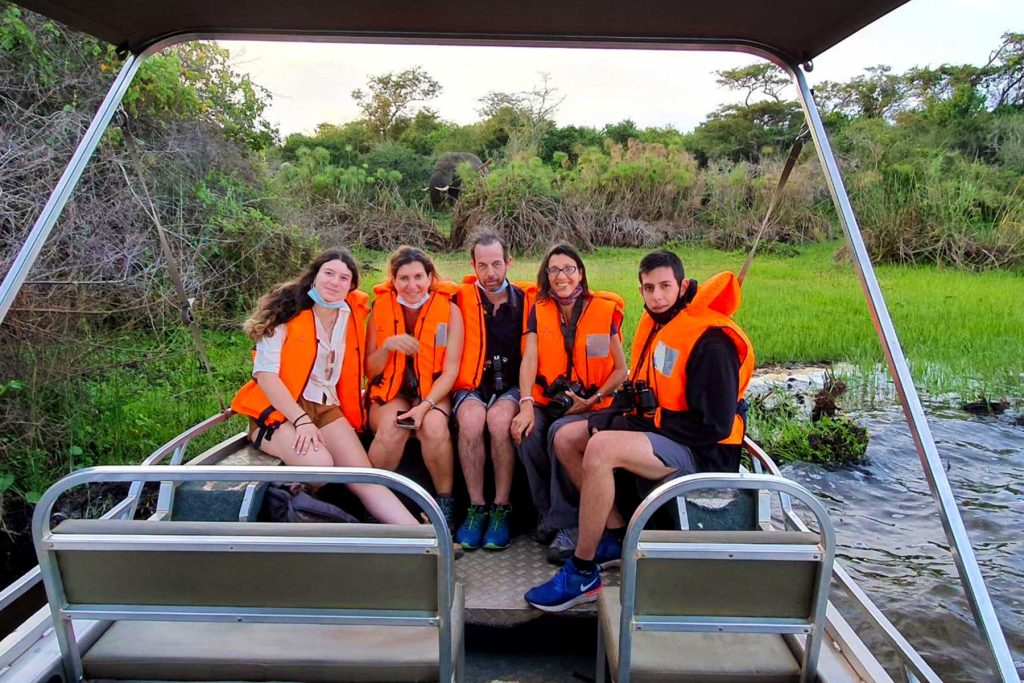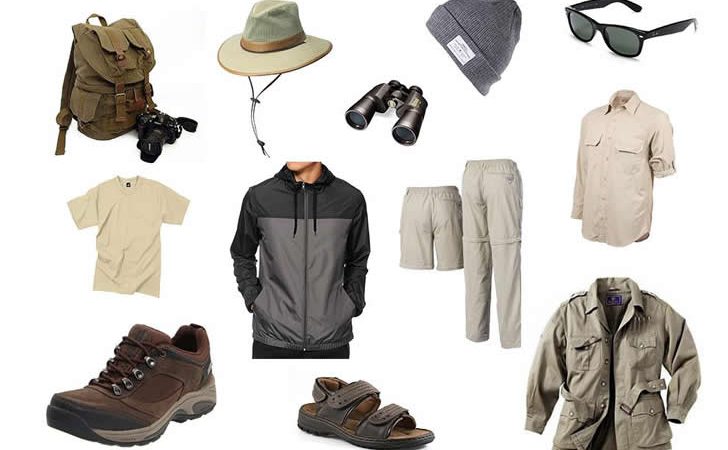Tipping Custom In Rwanda During Your Safari
Tipping customs in Rwanda: Most tourists traveling on safari are unsure about the obligatory nature of tipping. What is the appropriate tip amount? How much gratuity should I leave? Even though the majority of our safari visitors leave tips—especially when they are happy with the service received—at Explore Rwanda Safaris, we would like to remind you that it is not required. We are conscious that most of our staff members offer outstanding customer service and frequently go above and beyond what is required of them.
The kind of Rwanda safari and the number of days involved determine how many potential tippers there are. Usually, a tour leader, driving guide, or tour guide will begin and end the journey with you. In many national parks and sites, staff members include park rangers, site guides, porters, and other staff members. At lodges and hotels, the majority of people are usually found working as waiters or waitresses, bartenders, housekeepers, bellhops, and other staff. Your interactions with these people help you decide if and to whom to tip, as well as how much.

A daily tip of $10 (or equivalent) per guest is customary for the tour leader, driver, and guide. Depending on who is tipping, some people tip less than that and others tip more. Employees such as boat captains, site guides, and rangers in national parks are subject to this restriction.
Tipping in local money is preferred for small sums and denominations. If it’s possible, try giving someone the equivalent in their local currency rather than $5 as a tip. Since they can be swiftly converted at forex bureaus, USD, EUR, and GBP are suitable if the amounts and denominations are substantial. Don’t forget not to fold, write on, staple, or rip the foreign currency notes you give them. Tipping Custom in Rwanda during your Safari, when banks and forex bureaus accept such notes for exchange, they reject them.
Recall that you can exchange money in a bank or forex bureau, or you can take out cash from an ATM. It is advised that you carry local currency at all times in case network failures cause the cards to malfunction at certain hotels. Additionally, you’ll need local currency to purchase beverages or gifts/mementos at the numerous craft shops. Your tour guide will give you advice on where to purchase this when you first set out on safari.
Tipping is greatly appreciated but not required on gorilla hikes; amounts vary depending on the size of your group and the type of assistance needed. Generally, you should tip your porter (if you employ one) the most, then split the second tip among your trackers, guides, and security personnel.
Recall that some trackers, porters, and guides were formerly poachers who now make their living from visitors and travelers. Your assistance enables children to understand the value of protecting chimpanzees and gorillas.
It is advisable to hire a porter to help you with the trek since they can help you through challenging portions of the trail, offer encouragement, and carry your daypack if you get tired on the way back. Express your gratitude to your porter for their help.
What to bring for your safari across Rwanda.

In order to successfully gorilla trekking in Rwanda, you must be well-prepared. Bring long sleeves and long pants, long socks or gaiters to cover your pants to keep ants at bay, light gloves to protect your hands from nettles, a cap, a raincoat, and, of course, sturdy, cozy hiking boots (break them in before your trip).
At altitude, the mountains can get chilly and wet, so pack a daypack with a change of clothes, a warm fleece, sunscreen, and insect repellent.
There will almost definitely be large nettle patches when you come across a gorilla family because stinging nettles are one of the gorillas’ main food sources. We advise wearing gardening or other gardening gloves to protect your hands (you might occasionally need to hold vegetation to steady yourself on the trip) and the thickest jeans you can find to prevent scratches on your legs.
How to get to Rwanda.
Kigali International Airport: If you don’t have a direct connection from Brussels, you’ll need to fly into Entebbe, Nairobi, Lusaka, or Johannesburg. Rwanda‘s international airport, often known as the point of entry, is located a short drive from Kigali.
It takes about 2.5 hours to drive from Kigali to the gorilla trekking destination in Volcanoes National Park. In Rwanda, transfers are usually made in 4X4 vehicles, however it is also possible to fly from Kigali to Nyungwe National Park.
Due to its small size, Rwanda allows for a maximum driving distance of four to five hours between its main points of interest. Riding a local scooter is one of the most fun and effective ways to travel around Kigali, and it’s a great opportunity to explore the city as it truly is.
If you have any questions before, during, or after your trip regarding tipping, please get in touch with us. If you are unsure of whether or not to tip the tour guide, you can also ask them. We hope that this resolves your question regarding tipping on Safari.



